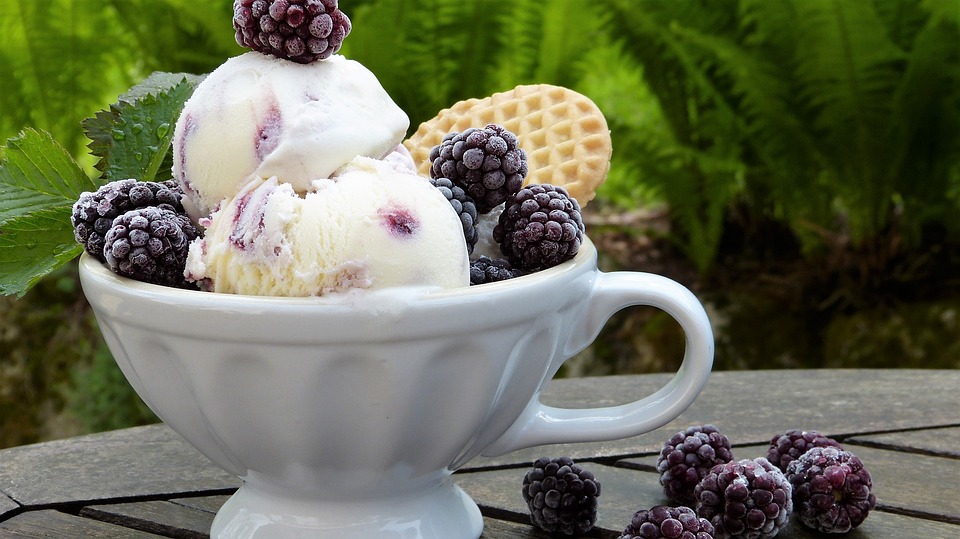Eczema Diet – Stop Itching and Prevent Eczema for Life with These Safe Foods
An eczema diet should not only include foods that you may be allergic to, but also foods that damage your immune system. Your body needs the right foods to enable your immune system to function properly at all times. There are certain foods that would trigger an allergic reaction and trigger eczema, and if your immune system is not working properly, you will struggle to control your eczema. People with eczema should avoid processed foods that contain chemical additives as they further interfere with the functions of your immune system.
Once these additives combine with other toxins in your body, it becomes too much for your body to handle and we can’t excrete it through our intestines and urinary tract. When this happens, your body has no other choice but to expel the toxins through your skin’s pores, causing further irritation to it.
In order to keep your body free from toxins, you should always avoid highly processed foods. Bacon, canned foods, frozen preserves, white sugar, and white flour are great examples of processed foods. The nutritional content in these foods is very low. Your eczema diet should be free of foods that contain chemical additives, preservatives, artificial colors and emulsifiers.
Wheat-free diet for eczema:
If you decide to follow a wheat-free diet, this will be all you need to avoid eczema. This type of eczema diet can consist of the following foods: whole wheat, wheat bran, semolina, durum wheat, einkorn, triticale and seitan, almond flour, brown rice, corn, tapioca, coconut flour, corn, rye and barley.
Gluten-free eczema diet:
Some people think that wheat-free and gluten-free are exactly the same thing, but they are not. Gluten is a vegetable protein. When you follow a gluten-free diet, it’s a little different and stricter than a wheat-free diet. If you follow this eczema diet, you are allowed to eat the safe foods mentioned above but avoid barley because it is derived from plants. You are allowed to eat frozen or canned vegetables as long as they are gluten-free. Gluten may have been added to act as a preservative or thickener.
Foods to avoid that usually cause eczema rashes are dairy products, berries, eggs, gluten, wheat, nuts, citrus fruits, soybeans, tomatoes, fish and chocolate. To determine which of these foods will cause skin irritation, serve yourself a portion of one of these foods daily. After a day or so, do an evaluation to determine which of these foods is causing the rash. If any of the foods cause a rash, remove them one by one from your list. The eczema diet is designed in a way that allows you to identify the individual eczema triggering foods one by one.

